The Greek language is our passport to the world

A generic image of a university student taking notes. Photo: depositphotos
Billy Cotsis explains which countries in the world have Greek as the official language and how it has helped him navigate the world
English has been my passport to access wonderful places on our planet. In Argentina and Thailand for example, it helped me get by, as I filled my belly, and enjoyed hospitality. I never thought how I would fair if I didn’t speak English, until I reflected on how many places I’ve been to where Greek, enabled me to travel, and interact with locals.
Sitting at a café by the water, in Albania, I ordered a frappe and connected with the locals using Greek. The locals I met in Albania were Greek and Orthodox, in towns and villages where Greek is spoken. In Ukraine, it was Greek that helped as I visited a few of the places where Greek is the main language. In Italy, my standard Greek was enough to get me by in the towns where Greko and Griko are spoken. In Armenia, I simply found the Greek community for a few days.
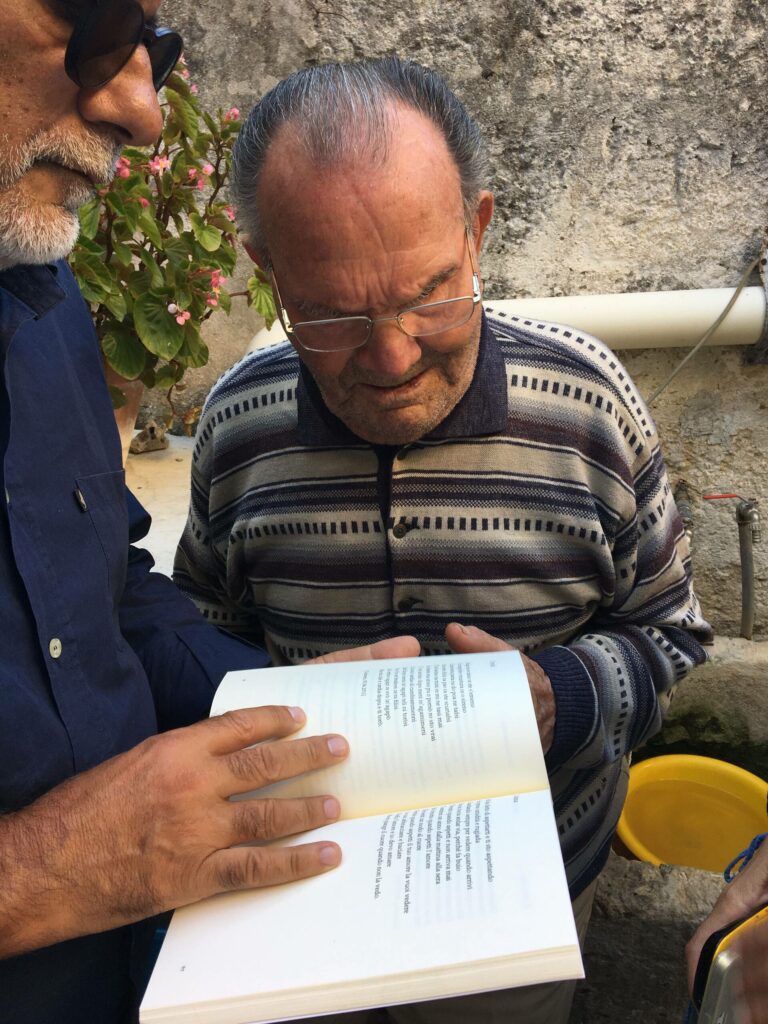
Greek is a useful language. Even in Brasil, where I visit often, I spent time with Greek speakers. My Portuguese, well, it sux! I was grateful that the small Greek community existed, and my new friend Ana Marcia, who is not Greek by heritage, spoke to me in Greek. She is talented enough to have picked up the language from an old partner. In fact, she loves it more than anything when I speak to her in Greek. The only let down being, that the two Greek restaurants we visited in Rio did not speak to me in Greek.
Why am I telling you all of this?
Several years ago La Trobe University made an awful decision that threatened its Modern Greek studies program (a decision since reversed thanks to community intervention) in a nation where the Greek language remains one of the top spoken languages and where Greek or Cypriot heritage exists in an estimated 500,000 people. I actually believe it is 600,000 as there are many people who are a quarter or one/eighth. Oakleigh in Melbourne may as well be in downtown Athens. The Wolverine for example has a Greek great pappou; Jason Gillespie, the brilliant Aussie cricketer who is Aboriginal, and who also has some Greek heritage. Greeks and the language are everywhere in Australia.
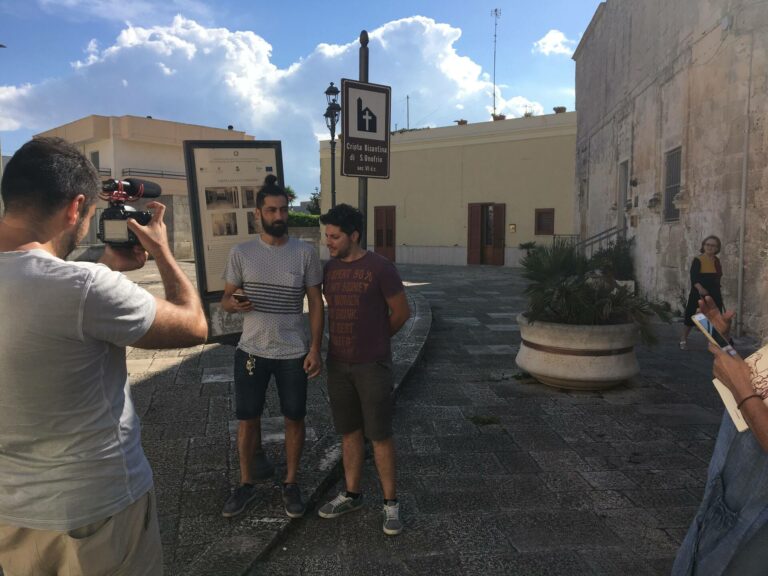
When I was at Macquarie University, a million years ago, dozens of good people fought hard, to establish a permanent Modern Greek Studies chair. The work of our first professor, the late Vasilis Georgiou, will always live on thanks to everyone who worked hard on the Modern Greek Studies Foundation, Macquarie University Greek Association and supporters/contributors.
The language deserves to be preserved and taught and not because of the high number of Greek people in Australia, but for the other Australians and internationals who want to learn.
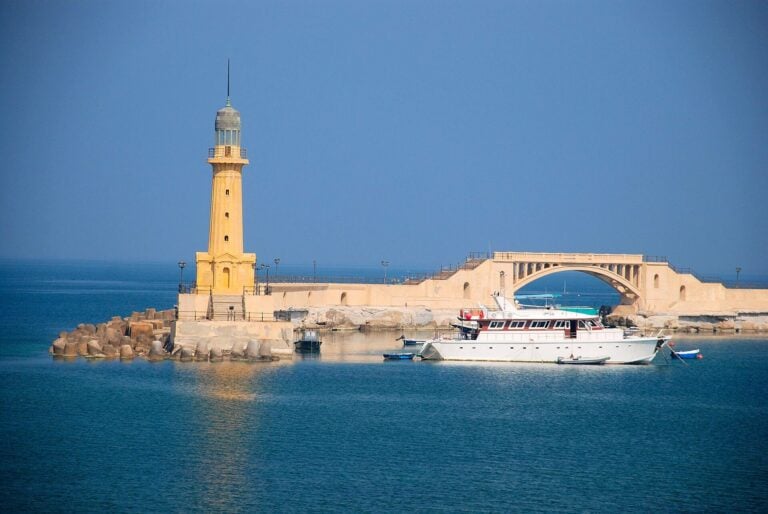
Greek was once the lingua franca across the Mediterranean, Balkans, parts of Africa and all the way to parts of India. It was the language of Alexander the Great, and the Hellenistic era Greek speaking empires, the Byzantine Empire after 602 AD officially, and Byzantine successor regimes. It was the second language of the Ottoman Empire despite how our people were wiped out in the last few decades of that empire. It was also spoken in Tsarist Russia by many elites and Greeks who migrated there. This gives you a hint at how widely spoken this historic language is.
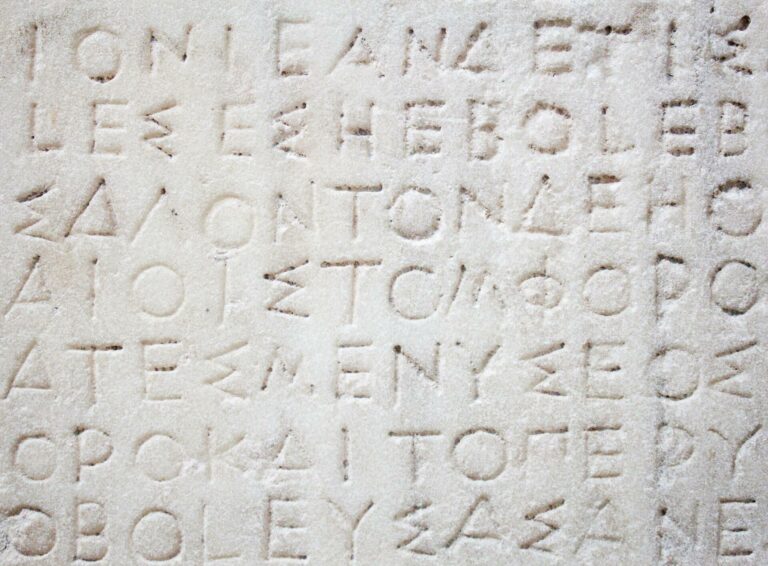
I recently asked my Facebook friends if they could tell me the countries and republics that these days have Greek as the official language. Everyone picked Greece and Cyprus, naturally. Anyone who picked occupied Northern Cyprus, sorry, but this belongs to Cyprus. When the EU and UN do their job and force the illegal troops off the island it will come under Nicosia again. Until then, this is not a country.
There is one more, which I will come to in a moment. Please don’t reach for your Greek Tv shows or listen to the Greek radio, stay with me until I reveal the answer. S’as parakalo!
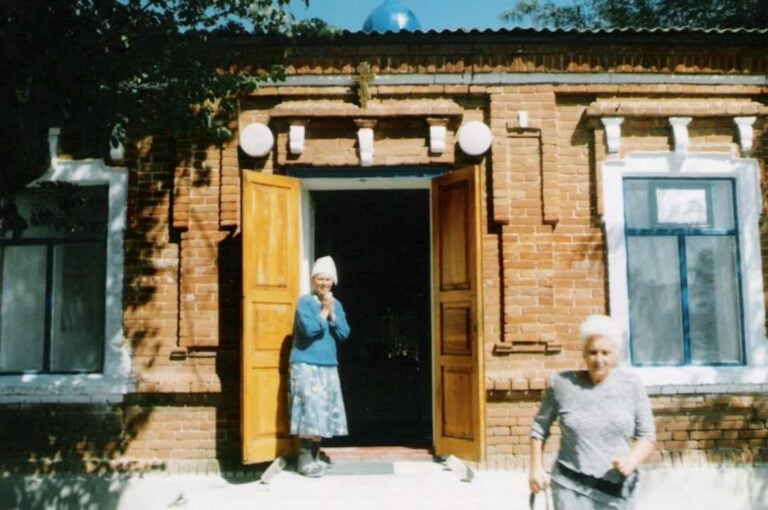
Albania, Armenia, Hungary, Italy, Romania, and Ukraine recognise Greek as a minority language. I can attest to that as I have been to all the Greek communities in each country. In Calabria and Apulia, GrekoGriko respectively is spoken in many towns. I encourage you to visit.
Greek is one of 24 official languages of the EU, and was the official language of the Olympics until the French came along in 1896. A long-held myth or rumour tells us that the US held a plebiscite after their war of revolution to decide if Ancient Greek or English would be spoken there. A number of early presidents could speak ancient Greek, John Adams being an example. In fact to get into Harvard, all you had to do was speak Latin or ancient Greek. Imagine if Washington DC had this type of learning presently. I digress, there was no referendum as such, fake news. However, many people and legislators wanted Greek or another language that had no connection with the British.
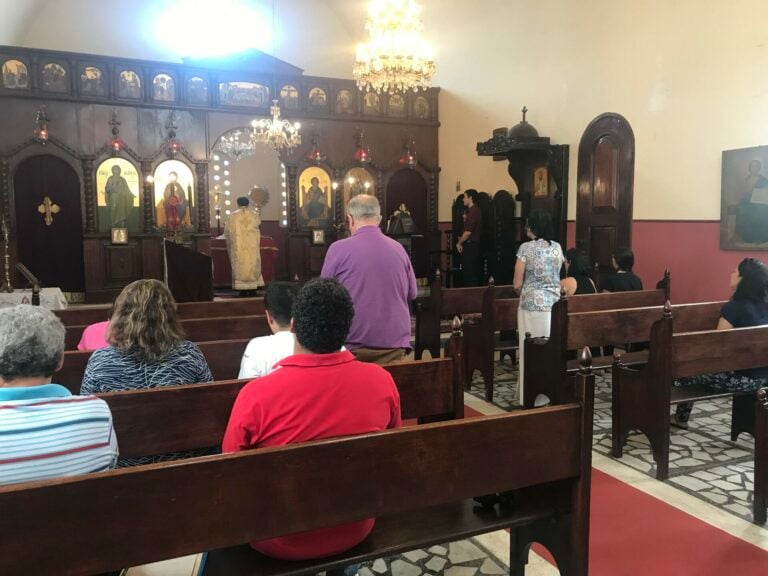
Scholar Charles Astor Bristed wrote in 1855:
“It is still on record that a legislator seriously proposed that the young republic should complete its independence by adopting a different language from that of the mother country, [like] ‘the Greek for instance.” But this proposition was summarily extinguished by a suggestion of a fellow representative (Roger Sherman, Connecticut, Congress and member of the committee that drafted the Declaration of Independence) that it would be more convenient for us to keep the language as it was, and make the English speak Greek.
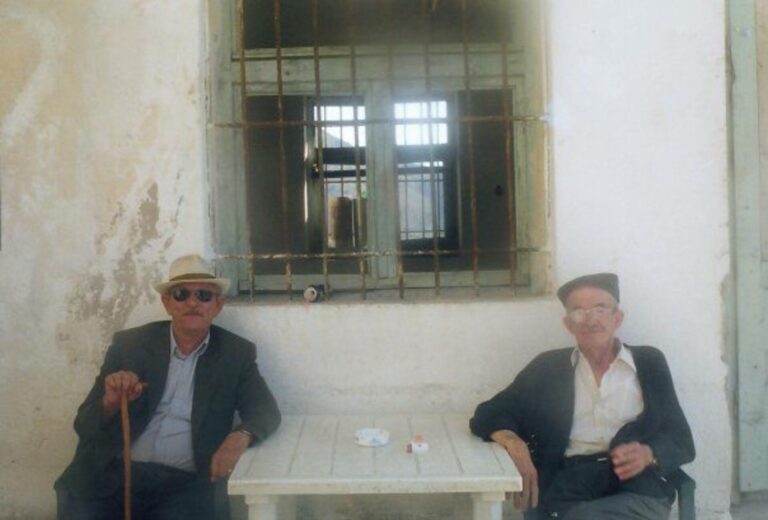
Greek was the dominant language of Alexandria until 1960. Then president Nasser shockingly kicked out all the Europeans. Today there are less than 5,000 Greek speakers in Alexandria, a city founded by Greeks. One geographic quarter of Jerusalem is Greek Orthodox, again I was able to get by using Greek there, as I did in Palestine when visiting Greek churches. The Greek language sits alongside Arabic and Hebrew in a few places in Palestine and Israel, as well as English, making it easy to get around. Of course, being Greek was helpful to how all sides viewed me in this troubled region.
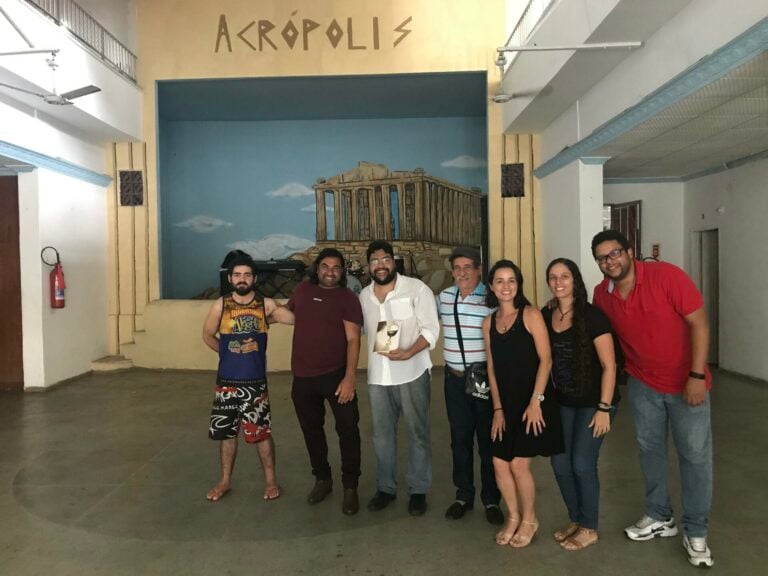
As for the answer to which other country or republic has Greek as its official language? It was in front of us all along. The Autonomous Hellenic Republic of Mt Athos. The location being Macedonia, Greece. The monks have their own independence, answering to His All Holiness Patriarch Bartholomeos I in Constantinople (Istanbul).
Today, Greek may not be the language that is spoken across most of the known world. It may not even be the dominant language of Melbourne anymore. It is however a language that remains spoken in many, many countries and in many parts of Melbourne. It has been a vital language all around the world. Believe me, it has been the most important language in my travels.
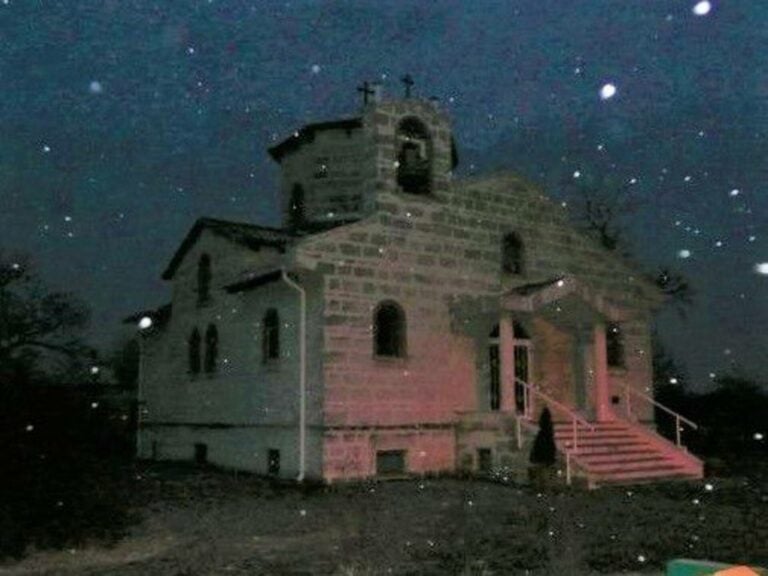
*Billy Cotsis is the author of the Aegean Seven Takes Back The Marbles and has visited 65 countries and 80 Greeks islands.
Πηγή: neoskosmos.com










Σχόλια Facebook